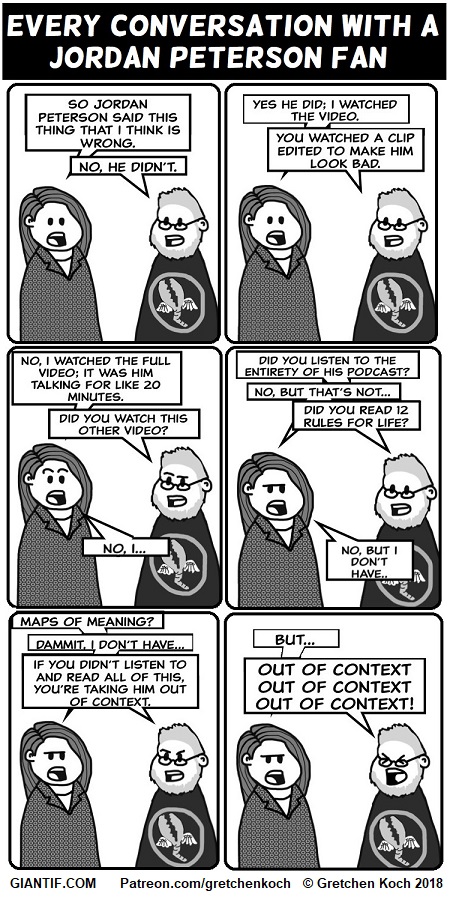
Kevin Sorbo (of Hercules fame and other entertainment ventures of playing a philosophy professor) has given a kind of critique of the California Coronavirus lockdown rules. Governor Gavin Newsom had imposed a 10PM curfew as numbers of infections had risen sharply in the last weeks. Sorbo, critiquing the rule, tweeted:
The folks at Breitbart thought it was fuggin’ hilarious. The joke, as I understand it, is that the hour of 10:00 is the threshold, and Sorbo narrowly avoided it. Of course, for the joke to actually criticize the curfew, you’d have to think that the curfew’s justification hung on things being radically different between 9:59 and 10:01. But that’s not what the justification for the rule is. The justification is that whatever happens later than usual dinner hours is unnecessary and likely more risky. And so, the penumbral zone between normal dinner hours (5:00 to 8:00?) and not (later than 9:00?) will admit of some relatively arbitrary line-drawing if we have to do it. Assuming there needed to be a curfew, the line was drawn at 10, likely to give as much room to err on the side of tolerance. (That’s how vagueness stuff works, right?)
So the joke works as a kind of straw man, then. Instead of constructing the reasons and attributing them to your straw man, and then turning to criticize them, one just announces a criticism — and the felicity conditions for that criticism produces the shitty reasons all by themselves. Clever!
The thing here is that this straw man argument is just so clearly crappy, and the joke sucks. So why did the folks at Breitbart love it so? (And Sorbo’s Twitter followers loved it, too.) This is what John and I in the new book on the Straw Man (now with a press, and we’ll see how things go!) have called the EFFECTIVENESS PUZZLE about straw man arguments. How in the world do they work when they very clearly misattribute the reasons criticized? We’ve got a whole variety of answers to this puzzle, but the big idea with this case is this: this straw man is not erected to be criticized for the sake of folks who sympathize with the lockdown rules — it’s erected and knocked down for the sake of an audience who already opposes those rules.
That is, the audience for this straw man already is committed to the fact that the rules are stupid and mere exercises of power. They are not out to convince anyone of anything, but to express an already held commitment and share it. Let’s call it the EXPRESSIVE ROLE of straw manning — it’s like a shared gripe session about one’s political foes with one’s allies. You mock up a picture of the hated ones and just beat it up together. And it doesn’t matter if the mock up accurately depicts the opposition or their reasons — it just matters that everyone in your audience already agrees that they are wrong, stupid, laughable, and need to be opposed. So with these kind of straw man arguments, the inaccuracy of the representation of the other side is beside the point — the negativity of the depiction is the point.
Of course, you can see that this is the case with Sorbo’s later tweet:
Err… it did work. Infection rates went down. Remember all that ‘flatten the curve’ business in the spring? To think that ‘worked’ meant that the virus was eradicated is, well, to get the situation all wrong. But that’s a whole other kind of intentional misinterpretation, isn’t it?





